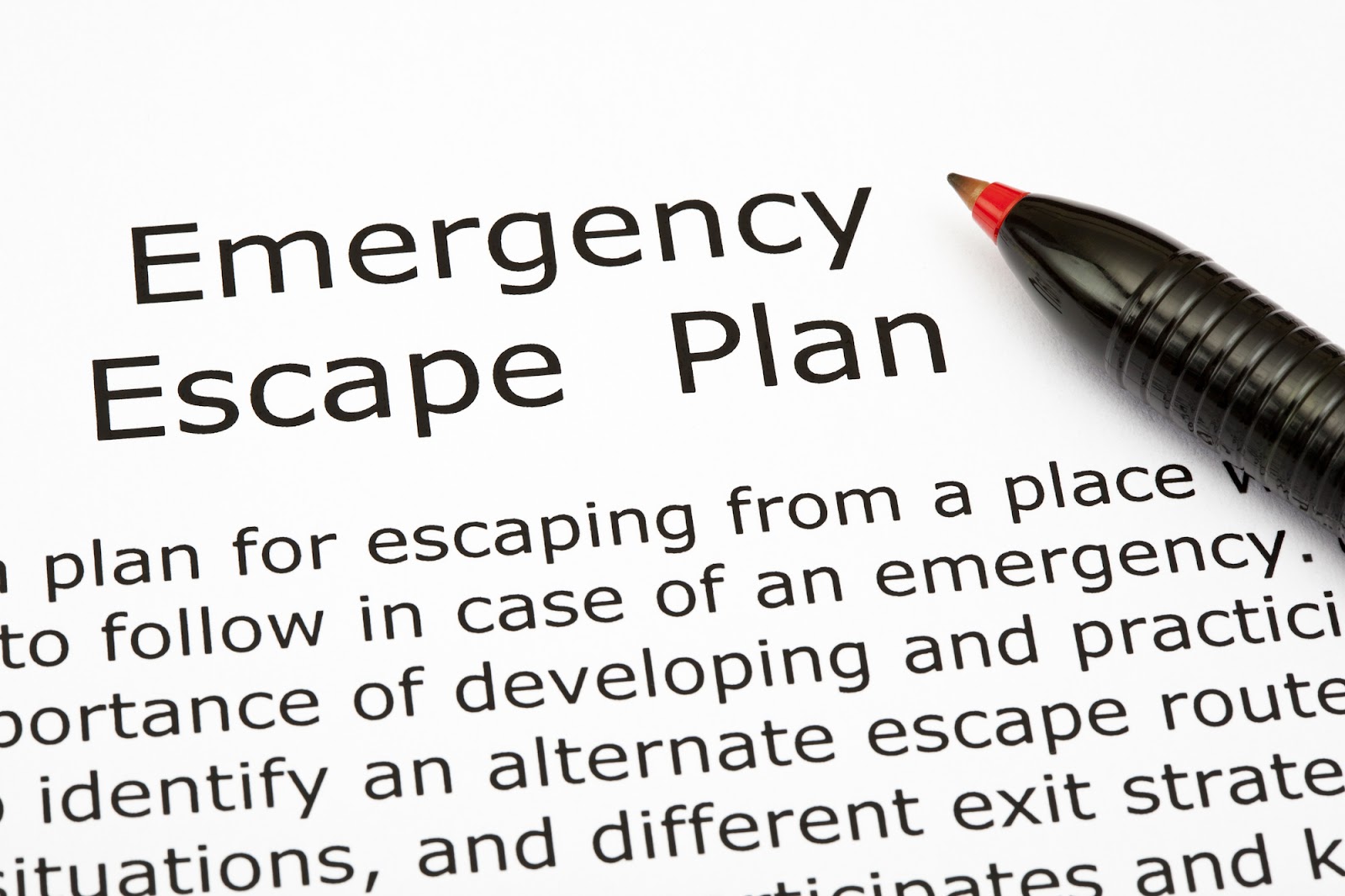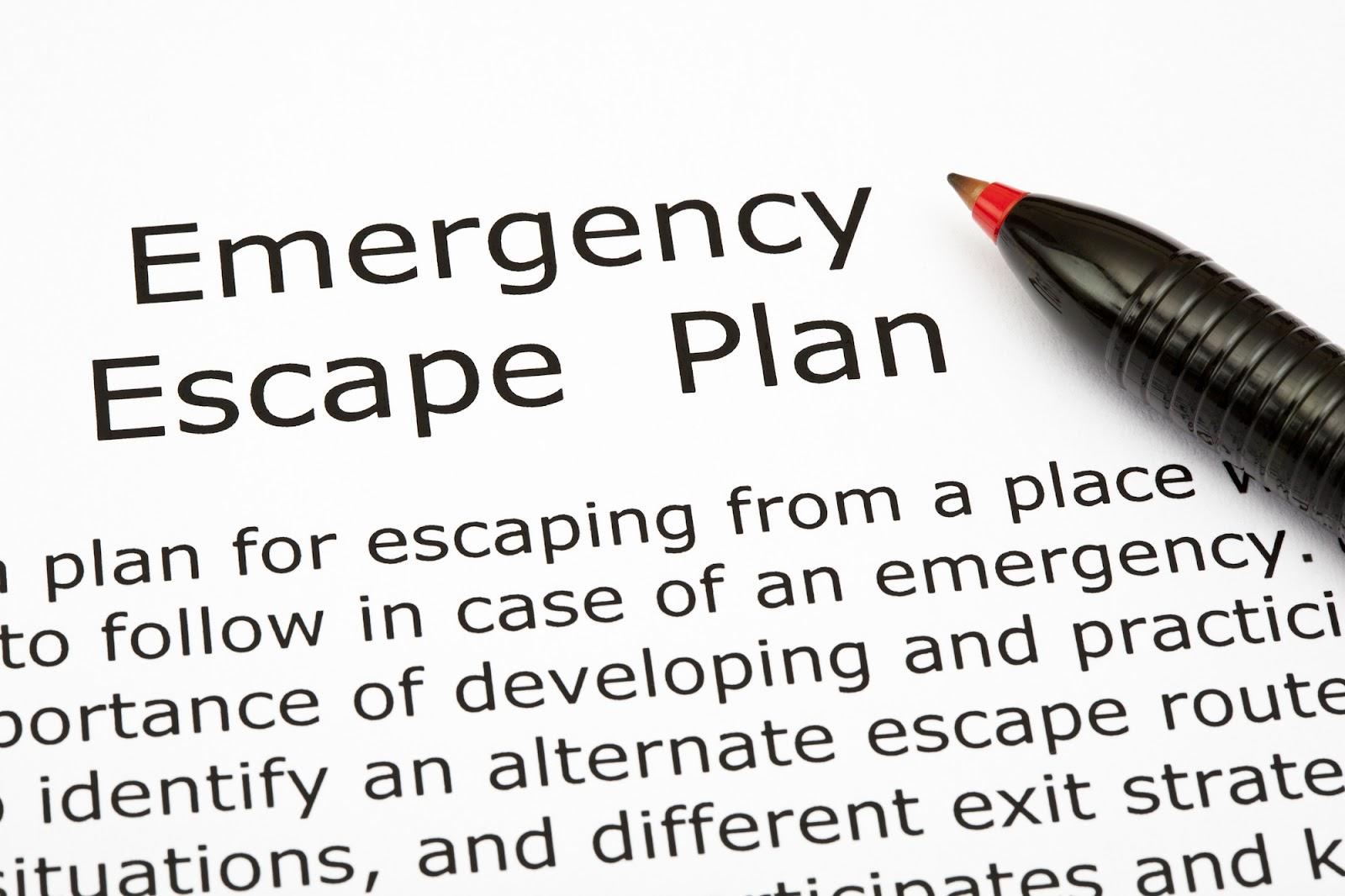Disaster Prep With Limited Mobility
In the United States and Canada, more than 18 million people have limited mobility. If you are a person with limited mobility, or you have a loved one with limited mobility, you must prepare for emergencies. There are a wide variety of mobility impairments such as cerebral palsy, amputation, paralysis, muscular dystrophy, multiple sclerosis, and more. These impairments could affect your ability to remove yourself from a dangerous situation.
Emergency situations can include natural disasters, house fires, and the presence of criminal activity. However, by developing your personal support network, understanding local hazards, and making your home more accessible, you can help to ensure your safety in an uncertain situation.

Develop a Personal Support Network
As a person with a disability, it is important that you develop a personal support network (PSN). This network is made up of family members, friends, neighbors, coworkers, and healthcare professionals. The goal is to know that you have a group of people who care for you.
These people can help to provide support for you during an emergency at home or a natural disaster in your area. However, to help you properly, you’ll need to work with the people in your PSN to inform them of your needs, establish communication methods, and practice your emergency response plan.
Supply Them With Your Personal Assessment
It is important to inform your personal support network of your assessment of your needs as a person with a disability. This can include speaking with friends and family about the assistance you need at home, speaking with your supervisor about accommodations you need in the workplace, or discussing treatment options with your healthcare professionals.
When the people in your support network are educated about what your specific needs are, they are going to be more prepared to help you in an emergency.
Have Several Ways To Contact Them
It is important to have several ways to contact the main people within your PSN. Having phone numbers, email addresses, and messaging apps set up for communication can reduce a delay in response time and can help to ensure your safety.
If you have a specific friend or family member who is your primary contact, make sure that you have a secondary contact lined up in case they are unavailable during an emergency.
It is also important to prepare for communication during a natural disaster that has caused a lack of access to electricity, cell service, or the internet. Having a satellite phone or a radio could be a valid option for this situation.
Practice an Emergency Evacuation Plan With Your PSN
If you live with family members or friends, you can practice how you would respond to an emergency like a fire or a break-in. In this situation, you would be practicing how you would evacuate the building and get to a safer location.
You can also practice how you would respond to a natural disaster like a hurricane or a tornado. This might include identifying a safe room in the house that is away from windows and supplied with emergency provisions. If you are a person who uses a wheelchair or other medical equipment, make sure that the room has enough space. Also, if you have medical equipment that uses electricity, discuss with your PSN what options would be best for keeping that equipment active during a storm that causes the electricity to go out.
Understand Your Local Hazards
Just like every person with a disability has a different experience, every town and city has different hazards that it presents. Depending on where you live, you may be facing different crime rates and different weather conditions.
Make sure that you understand your local hazards and the effect that they can have on people with mobility impairments. If your area poses too many hazards for your specific situation, you could even consider moving to a safer area.
Weather Conditions
Depending on where you buy a home, you will have to plan for different weather conditions and how those conditions can affect you as a person with a mobility impairment. For example, if you live in the southern United States along the Atlantic coast or the Gulf of Mexico, you should have a hurricane plan in place with your PSN. That should include a plan for sheltering at home and for evacuating the area completely.
If you live in a northern area, it is important to plan for cold weather complications like ice and snow. This can include icy roads, blizzards, and hail. If you live out west, then preparing for wildfires and earthquakes might be more appropriate.
Whatever weather conditions you are preparing for, make sure you make a plan for sheltering at home, evacuation routes, and dealing with a loss of power (and the effect that can have on your ability to use medical equipment). If you do not live near or with family and friends, consider talking with a nearby neighbor about any assistance they might be able to offer during an emergency.
Crime Rates
Another local hazard you should be aware of is the local crime rates. Creating an emergency plan for a situation like a break-in can help to ensure your safety. Working with your PSN to locate safe places in your home and in your neighborhood where you can go in the event of a crime at your home is a great way to prepare.
You should also research the rates for crimes you may encounter while you are out of your home. Some apps and accessories can alert a group of your contacts when you feel you are in a dangerous situation and alert them to your location.

Prepare Your Home for Accessibility in Emergencies
One of the best ways to protect yourself is to prepare your home for accessibility in emergencies. If you are building a new home, it is easy to do this as the home is being constructed. Building wider doorways and including ramps in your new construction is a great way to have a perfectly accessible home.
If you are moving into an existing home and you are trying to increase accessibility, there are several options available.
Don’t Block Exits
Picking home furnishings that are easy to move around can help to create a safer environment during an emergency. Buying tables, beds, and sofas that can be moved to create more space or clear an exit can increase your home’s safety.
Buying these types of furniture doesn’t mean that you have to sacrifice your style. There are plenty of options for creating a safe and aesthetically pleasing home.
Install Safety Features
There are a variety of ways that you can make your home safer. Even people without mobility issues take these precautions, such as if they are going to be traveling for a long period. If you are a person with a mobility issue, you can use the safety features that modern technology provides for us to create the safest home possible.
These safety features can include fire alarms, a home security system, cameras, and emergency buttons placed in convenient locations around the house.
Keep an Emergency Kit in an Easy-To-Access Place
While many people and families have an emergency kit in place for a disaster (including water, food, candles, etc), people with mobility impairments have to include extra materials to ensure their safety.
If you are evacuating an area, it is important to have a pair of heavy gloves to protect you from debris when you are using your wheelchair. You can also pack extra batteries for a scooter, an extra cane or walker, and the supplies you need to care for your service animal.
Everyone’s emergency kit will be different based on their mobility needs, but it is important that you pack as thoroughly as possible. Once you are packed, store your emergency kit in an easy-to-access place, and let members of your PSN know where it is stored.
Utilize Community Resources
There are a wide variety of resources available to people with disabilities that can help during an emergency. You can research local medical shelters and transportation options during evacuations.
FEMA and the Red Cross have even partnered up to create a booklet designed to help people with disabilities prepare for disasters.
Your local government and the federal government may have options for assisting you as well. It is always a good idea when moving to a new city to research its disaster preparedness measures. For instance, if you are moving to Durham, NC, it is wise to look up and frequently check their local emergency management and preparedness programs. There are also many nonprofit organizations and church groups that assist people with mobility impairment during emergencies.
